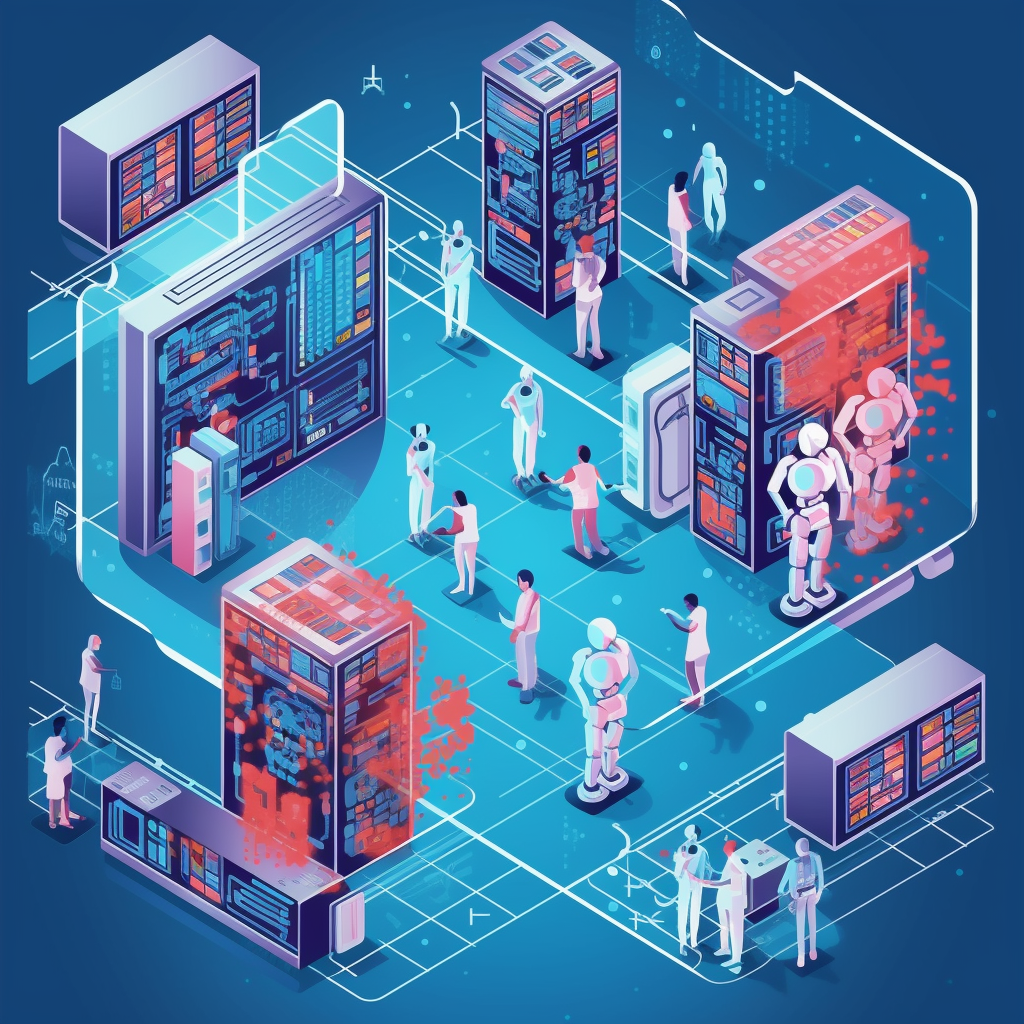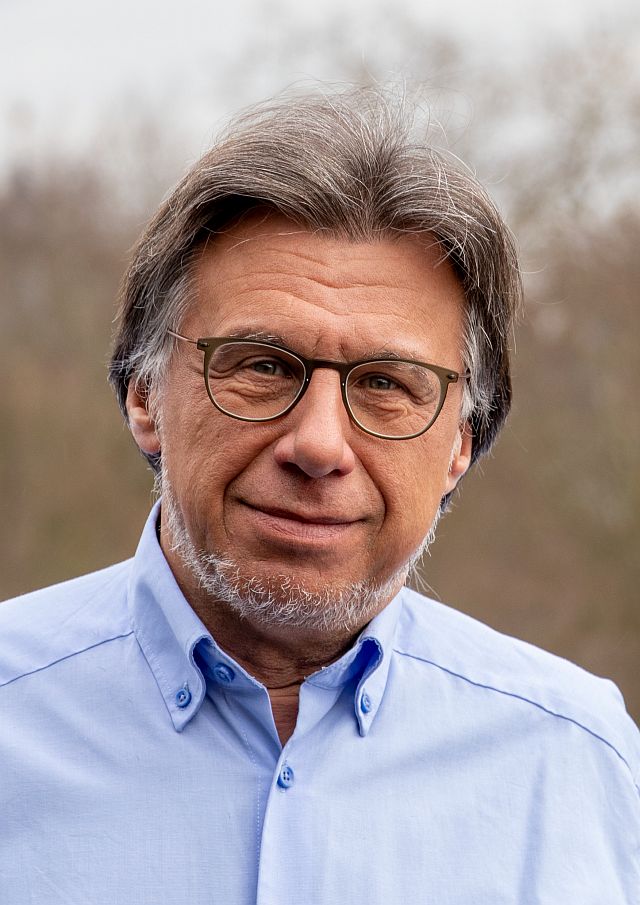Talks with Prof. Dr. Em. Dirk Roose - Part 3
What’s your view on the evolution of HPC (in Europe, in the world, HPC applications...), and, how will this evolve in the future?
It’s becoming more and more mainstream. The number of areas, both in research and industry, where supercomputing plays a role is increasing. This has been predicted many times during the last forty years. At the end of the eighties, we also thought parallel processing would soon become the norm (laughs). so It evolves for sure from a niche in research and some industrial sectors to mainstream.

How it will involve in the future, is unpredictable. Firstly, the evolution of the infrastructure is u npredictable: I already mentioned the Connection Machine designed for AI and used for CFD and number crunching. GPUs were not at all designed for deep learning, but they are very interesting for deep learning. So, we see unexpected usage of available systems.
Secondly, who will use this HPC infrastructure is also unpredictable, but I see a growth path. I mentioned that education is crucial, especially towards industry. Many engineers in industry use MATLAB. Why? Because they learned to program in MATLAB and used it during their studies. Of course, MATLAB is a single product, and HPC is more complex. But if scientists or researchers use HPC during their studies, they will continue to use it in their work in industry, or convince their management that they need HPC resources. So more widespread use in industry, in my opinion, will come from exposure during the studies.
On behalf of the editors: VSC makes HPC access widely known. At UHasselt, for example, VSC facilitates students' access to supercomputing. You can read all about this in the interview ‘Preparing Students for the Future - Prof. Dirk Valkenborg's Approach to Supercomputing Education.
How do you feel about the uptake of HPC in the industry?
As far as I know, companies do not sufficiently consider that we have multicore computers. Some years ago, we had a project with a spin-off of KU Leuven to explore the possibilities of multicore computing, but I am afraid that this is rather an exception. The step to a distributed memory cluster is a big step because parallel programming using message passing requires expertise. But not everybody needs it.
The industry should feel the need, they should take the initiative. VSC can approach them and suggest collaboration. But only if they feel the need, will they get on board with HPC.
Do you have any advice for people starting in HPC now?
Well, I have some advice for researchers who develop their own software. In many cases, they first write sequential code and parallelise afterwards. Also, my own PhD students who should develop a parallel code, at least multicore, work in this way, which frustrates me a little. This two-step process takes time, and maybe some possibilities are already blocked by the design and early thinking.
So, my advice is to take parallelisation into account from the beginning. Maybe you come up with other algorithms or solutions than if you first write sequential code.
If you look back at your career, what do you find most satisfying?

The fact that with applied math and algorithms, you can solve very different problems in totally different settings using similar methods makes scientific computing and computational science satisfying for me. I’m not a person who could spend his whole career on a single topic. I worked on different topics in different fields (material science, computational fluid dynamics, …): very interesting!
A nice example: I am still involved in a project, with a PhD student, on algorithms and software for finding optimal sites for afforestation and deforestation in a certain region. One of the test cases is in Ecuador, but now another researcher uses the same algorithm to optimise the cleaning of chemical and even nuclear waste.
Now that you have retired, will you continue to work on certain things, and if so, would you shift your focus to certain topics?
I am still supervising two PhD researchers and I’m editor of the book series Lecture Notes in Computational Science and Engineering (Springer), but I am gradually kicking off, less and less involved in research. I don’t teach anymore. I want to take up other things, while I still am in good shape before it is too late to shift attention.
Are there still things you want to accomplish? Backpacking through Peru as a figure of speech?
Not in Peru, but in Ecuador, where I will attend the final workshop of a research project. I still have to clean up my office at the university and at home, and I hope to make an archive of interesting documents on how research evolved during my career. But I am glad to have more time for other activities, such as cycling and travelling, and for my family.